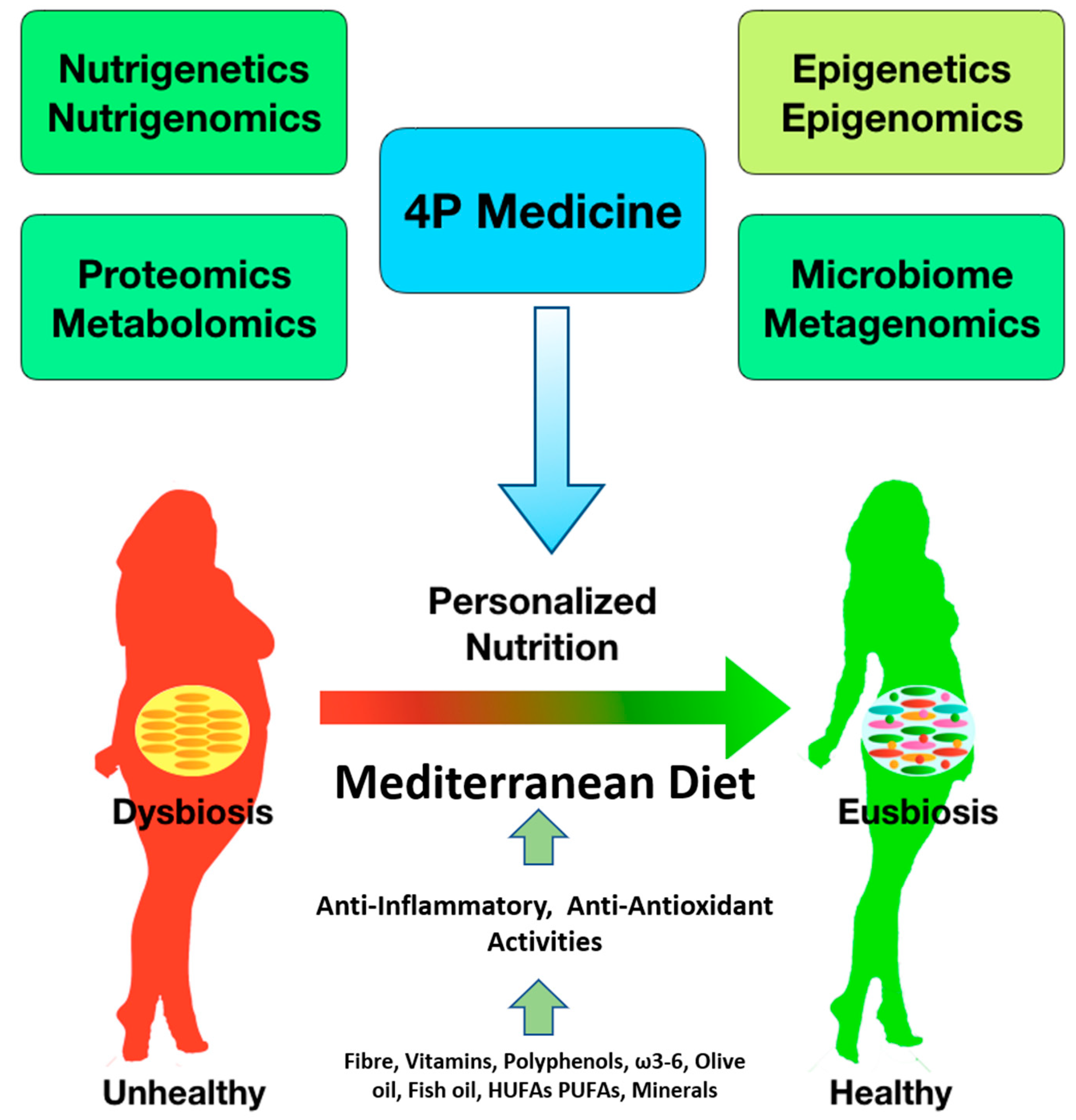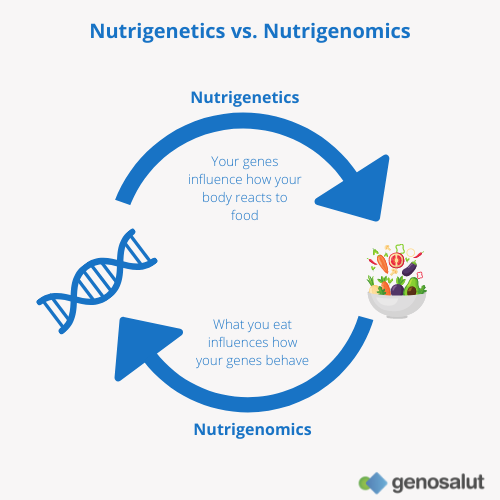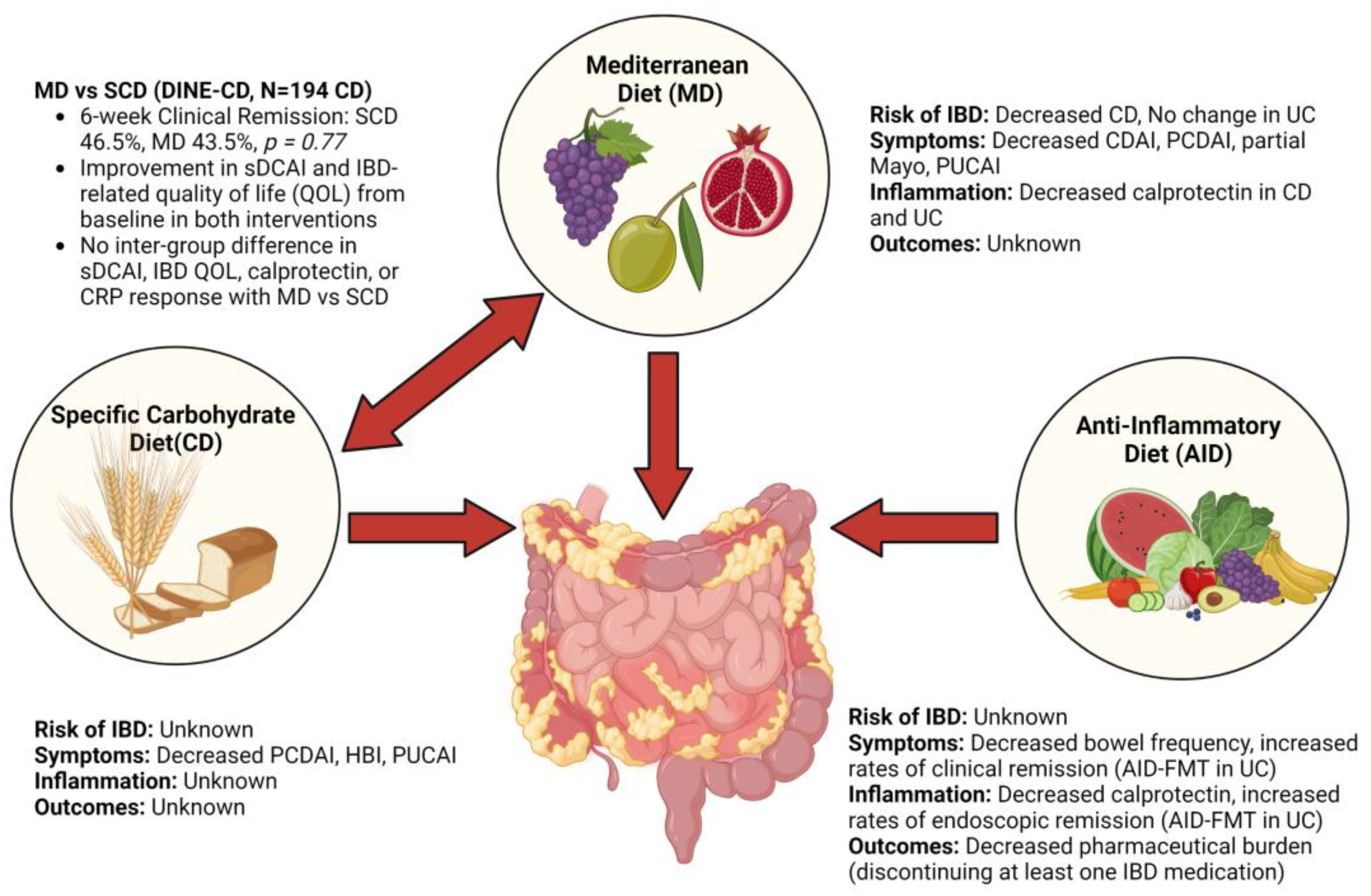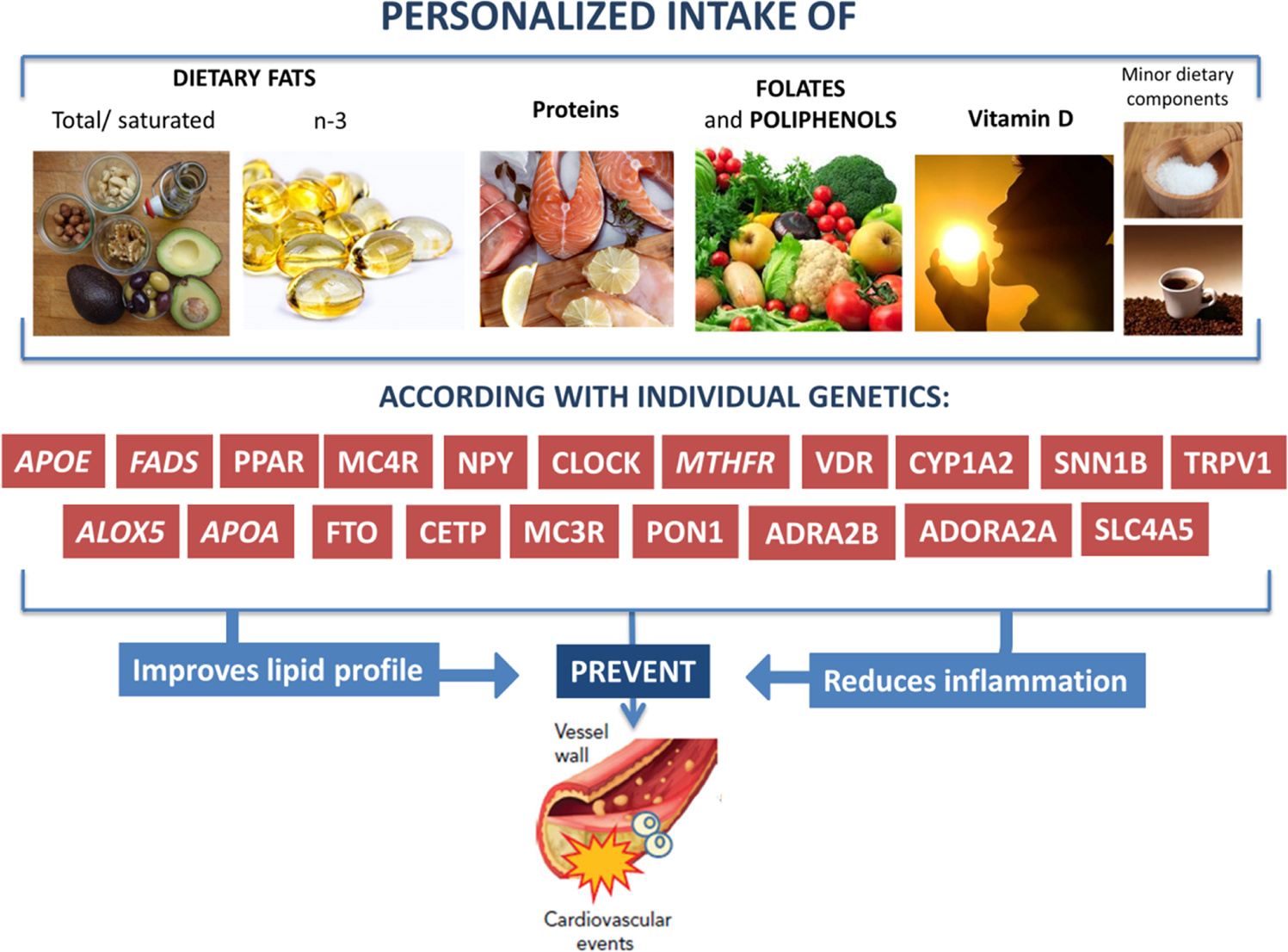Nutrigenomics: Personalized Nutrition Based on Genetic Factors
Explore how your genes affect nutritional needs and how science is unlocking tailored supplement strategies for optimal wellness.
What is Nutrigenomics?
Nutrigenomics is the cutting-edge study of how our genes interact with nutrients in the foods and supplements we consume. By understanding your genetic code, scientists and health professionals are now able to design personalized nutrition strategies that can optimize your health, prevent disease, and improve how your body responds to different supplements.

How Do Genes Influence Your Nutritional Needs?
- Every individual has small genetic variants (SNPs, or single nucleotide polymorphisms) that affect how nutrients are absorbed and metabolized.
- For example, genetic variations can affect Vitamin D absorption, lactose tolerance, folate metabolism, and omega-3 fatty acid processing.
- Some people may need more or less of a nutrient based on their DNA for optimal functioning and disease prevention.

Example: MTHFR & Folate Metabolism
One well-known genetic variant relates to the MTHFR gene, which affects how your body processes folate (vitamin B9). People with this variation may need to supplement with the methylated form of folate for best results, instead of using standard folic acid.
- If standard folic acid isn't processed efficiently, there may be a higher risk of cardiovascular issues, neural tube defects (in pregnancy), and poor detoxification.
- Through nutrigenomics testing, targeted supplements can be used to bridge these gaps.
Personalized Supplement Strategies
With insights from your genetic blueprint, supplement recommendations can go far beyond the generic "multi-vitamin for all" approach:
| Gene/Nutrient | Typical Issue | Potential Supplement Adjustment |
|---|---|---|
| MTHFR (Folate) | Poor folate metabolism | Use methylfolate, increase B12 |
| FADS1/FADS2 (Omega-3) | Difficulty converting ALA→EPA/DHA | Prioritize fish oil/Krill oil |
| VDR (Vitamin D Receptor) | Reduced vitamin D activation | Higher vitamin D3 intake, co-factors |
| LCT (Lactase) | Lactose Intolerance | Probiotics/lactase enzyme; avoid dairy |
*Always discuss dietary supplement changes with your healthcare provider.
Scientific Research & Evidence
- Improved health outcomes: Clinical studies show that nutrition and supplement plans based on DNA can improve blood markers, cardiovascular outcomes, and metabolic health.
- Precision medicine: Nutrigenomics is a fast-growing area, with research underway to fine-tune approaches to autoimmunity, aging, brain health, and weight management.
- Examples: Personalized vitamin D dosage, omega-3 recommendations based on genetics, and adaptogenic supplement regimens tailored to stress gene variants.

Real-World Applications: Personalized Supplements in Action
- DNA Nutrition Testing: Saliva or cheek swab tests are now commonly available for consumers, providing reports on optimal nutrients and foods.
- Supplement Customization: Many advanced clinics offer supplement plans custom-matched to DNA findings for improved effectiveness.
- Lifestyle Planning: Genetics can reveal predispositions to issues (e.g., gluten or caffeine sensitivity), improving food and supplement choices for individual needs.


Challenges & The Future
- While nutrigenomics is increasingly accessible, it’s essential to interpret results with the help of trained health professionals.
- Not all genetic variants are clinically actionable yet, but science is advancing rapidly.
- Professor Health stays at the forefront by monitoring the evolving literature and updating supplement protocols as new discoveries emerge.
Summary: Why Personalized Nutrition Matters
- You are unique - your supplement and nutrition needs are too.
- Understanding your genetic blueprint can optimize wellness, prevent chronic disease, and fine-tune supplementation for maximum benefit.
- Modern science and Professor Health’s expertise work together to create a new era of truly individualized health.
Further Reading & References
- Triangulating nutrigenomics, metabolomics and microbiomics to optimize personalized nutrition (Human Genomics, 2023)
- Role of Personalized Nutrition in Chronic-Degenerative Diseases (MDPI Nutrients, 2019)
- Genosalut – Nutrigenetics and Nutrigenomics
- Nutrigenetics—personalized nutrition in obesity and cardiovascular disease (Nature Reviews, 2020)